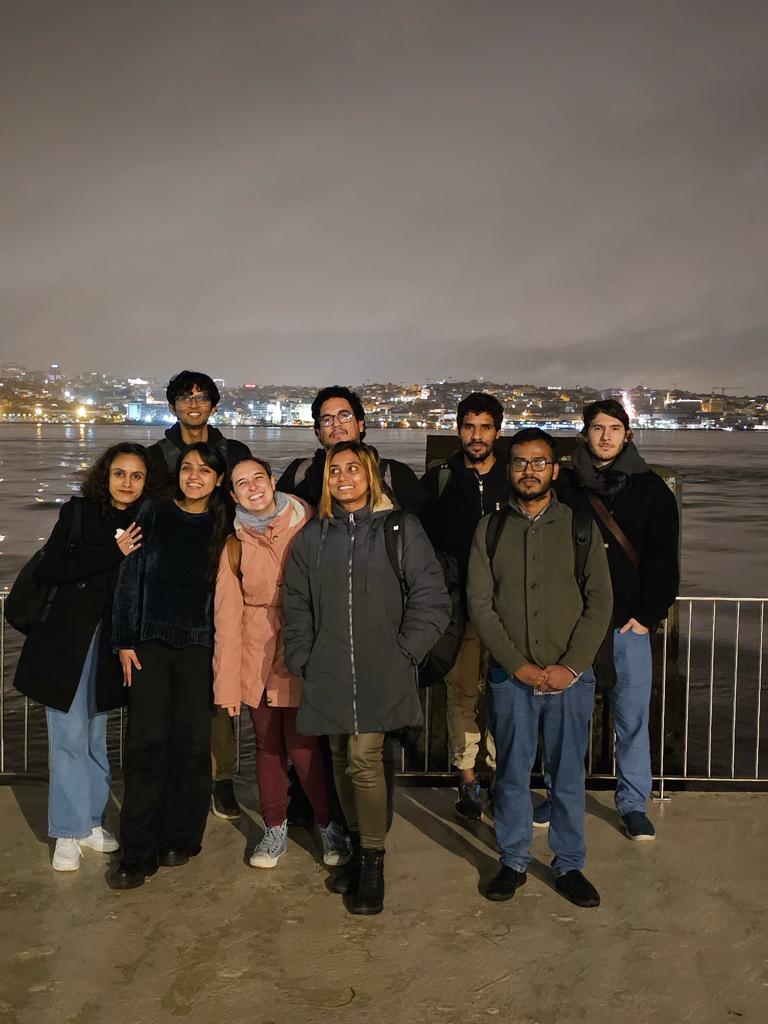After watching the documentary #MiEmpleoMiFuturo, I feel both uncertain and motivated about my future career. As a master’s student specializing in Circular Economy and with a background in Nanotechnology Engineering, I realize that the rapid rise of automation and artificial intelligence (AI) will change how industries operate. Although machines might take over many jobs, new opportunities will emerge for people who can think critically, solve complex problems, and innovate—skills that machines cannot replicate
In my field, which focuses on sustainable practices like urban mining and recycling construction waste, I see the need for human-driven solutions to global challenges like climate change and pollution. Machines can process information, but they won’t care about the environment or social well-being. This makes me feel that my work has a purpose beyond just the technical aspects—it’s about making a real difference in the world
The documentary also highlighted how the current education system doesn’t always prepare us for this future. We need to focus more on developing critical thinking and creativity, skills that will remain valuable in a tech-driven world. As I move forward in my career, I want to stay flexible, continuously learning, and using my skills to help create a more sustainable future.
Overall, the future is uncertain, but it also holds exciting possibilities for those of us willing to adapt and use technology to make a positive impact on the planet and society.
About BERNARDO GUERRERO RODRIGUEZ
I am Bernardo Guerrero Rodriguez, a nanotechnology engineer and current master’s student in the Advanced Materials and Innovative Recycling (AMIR) program, now at UPM in Madrid, specializing in Circular Economy. My background includes a Bachelor’s in Nanotechnology Engineering from Yachay Tech University in Ecuador, where I worked on projects in green chemistry, biopolymers, and nanoparticle synthesis. My focus areas include sustainable development, urban mining, and recycling of construction waste, with the goal of driving innovative, environmentally conscious solutions for industrial sustainability.


